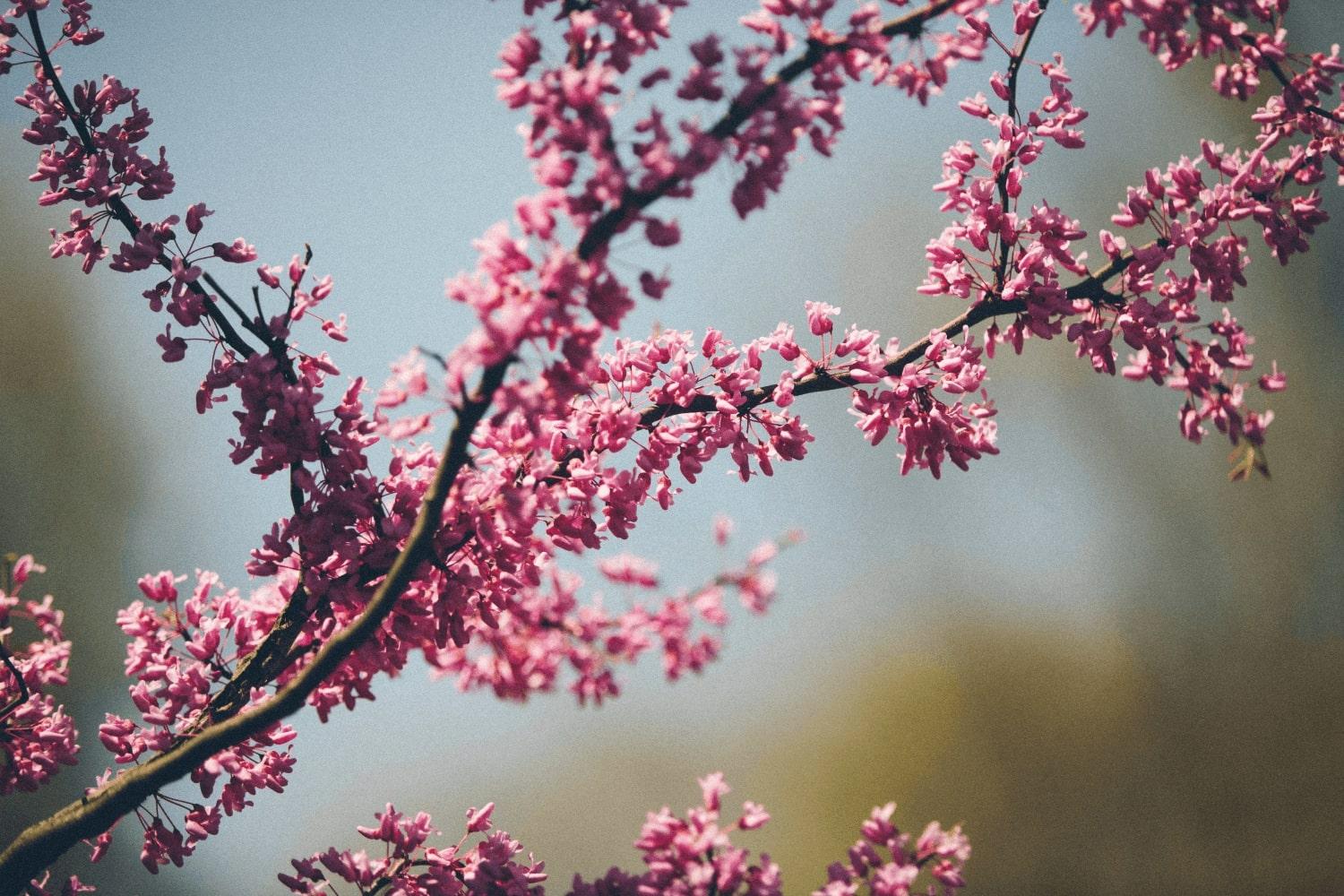
Plants & Pests with Nicole
March 2024
Upcoming Events
- Classes for returning Master Gardeners, Many options for viewing
- Tuesday evenings on zoom from 6:30-8pm February 6-March 12th
- Zoom recordings at your convenience
- Wednesday afternoons at 1pm at the Saline County Extension Office - January 30-March 20
- Tuesday afternoons at 1pm at the Gage County Extension Office - February 13-March 26 (Not on March 19)
- Master Gardener Fridays: 1-3pm at the Gage County Extension Office
- March 1, March 15
- GroBigRed Programming (More Information below)
- March 13 - Maximizing Garden Potential
- Commercial Pesticide Applicator Trainings, sign up at pested.unl.edu
- Recertification: March 7
- Initial Training: March 19
- Nicole Out of the Office April 3-8
Master Gardener 2024
The classes began on Tuesday, January 30th. They are all available on zoom or recorded. I will also hold in-person classes for those who cannot do zoom on Tuesdays at 1pm in Beatrice (Starting February 13) and Wednesdays at 1pm in Wilber. The Beatrice classes are offset 1 week from the above schedule.
The cost to remain a Master Gardener is $20 per person. You can send your payments to the office or bring them to the luncheon or one of the classes you attend. The office address is listed below.
Master Gardener Announcements
- Master Gardener Appreciation Luncheon is Friday, March 15th at 11:30, followed by MG Fridays Presentation on Water Quality by Becky Schuerman at 1pm
- Master Gardener Recordings can all be found at: https://go.unl.edu/se-mgrecordings
- Master Gardener Handouts can all be found at: https://go.unl.edu/emg2024handout
Helping Pollinators Thrive
Too Soon for Spring Cleanup
It has been a fairly mild winter, with the exception of early January. The temperatures recently are consistently in the high 50s through the 60s. This doesn't mean that spring is here. There is still plenty of time for winter to reappear. Don't clean off your landscape beds too soon this year. The mulch and plant debris that has been covering the plant crowns all winter is protecting the plant. If that mulch or plant material is removed too soon in the spring it can lead to winter injury on those exposed plants. Also, leaving the plant material will help allow overwintering pollinator insects to grow to adults prior to emerging from that plant material. Wait until mid to late April before cleaning up landscape beds. If plants green up underneath the cover, that is fine and it doesn't mean it needs cleaned off.
Pruning Shrubs
Summer blooming shrubs should be pruned during dormancy to renovate or thin the plant, typically in late February or March. Wait until after blooming to prune spring blooming shrubs. Thinning is the removal of the oldest and largest diameter stems. These branches are removed back to the base of the plant or where they attach to another branch. Ideally, about one-third of the largest branches are removed annually. On spring blooming shrubs, thinning can also be done just after blooming to avoid removing flower buds and reducing bloom. Renovation pruning can be used on overgrown or leggy shrubs. The entire shrub is cut back to a height of 4 to 8 inches from the ground. While thinning on a regular basis helps preserve the shrubs natural form, and is preferred over rejuvenation; most multi-stemmed shrubs tolerate rejuvenation pruning. Evergreen shrubs will not tolerate rejuvenation pruning.
Starting Seeds Indoors
Planning Ahead for Spring Color
About Nicole
Email: nstoner2@unl.edu
Website: https://extension.unl.edu/statewide/gage/gage-county-horticulture/
Location: 1115 West Scott Street, Beatrice, NE, USA
Phone: 402-223-1384
Facebook: https://www.facebook.com/NicoleStonerHorticulture
Twitter: @nikki_Stoner










